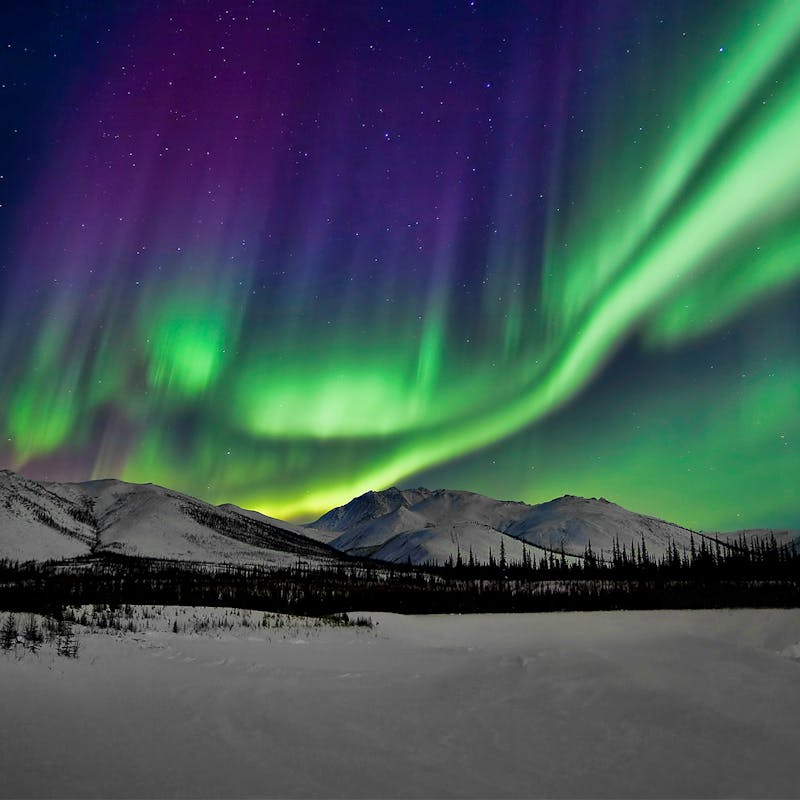The Bureau of Land Management (BLM) is moving ahead with public hearings on the Willow project – a massive oil and gas development being pushed by ConocoPhillips – in the National Petroleum Reserve–Alaska. This project poses a significant threat to polar bears and hundreds of thousands of migratory birds stand to be affected. This area also supports the highest density of shorebirds in the Arctic, including threatened spectacled eiders, Steller’s eiders, yellow-billed loons, dunlins and American golden-plovers. The BLM will hold a series of virtual hearings starting with two today and ending with two on April 29 over Zoom, an online platform. Participants also can apparently call in or watch a livestream of the hearings on Facebook.
Proceeding with these hearings during the COVID-19 health crisis undermines public interest values and the legitimacy of the BLM decision-making process for the Willow project. Emergency declarations by the State of Alaska, the North Slope Borough and the federal government are having significant disruptive effects on normal living and working conditions and impair the ability of the public to weigh in on the federal government actions that directly affect them. Additionally, many communities impacted by the Willow project don’t necessarily have the internet access to participate – likely shutting out important public participation in the process.
Nicole Whittington-Evans, Alaska program director, Defenders of Wildlife, issued the following statement:
“In the National Petroleum Reserve–Alaska, COVID-19 isn’t stopping the Trump administration from pushing its massive oil and gas development project forward. Shockingly, the Bureau of Land Management is plowing ahead during a national health emergency with hearings by providing a platform through tools such as Zoom, when people across the state and country are facing undue burdens and may not have internet access or be familiar with the Zoom platform to effectively participate.
“This massive project, together with other industrial development in critical polar bear habitat across Alaska’s Arctic, poses a significant threat to the imperiled Southern Beaufort Sea polar bear population and will impact migratory birds. The Bureau of Land Management should suspend all oil and gas planning processes, hearings and lease sales that impact the health and environment of Americans and wildlife until this crisis is over.”
For over 75 years, Defenders of Wildlife has remained dedicated to protecting all native animals and plants in their natural communities. With a nationwide network of nearly 2.1 million members and supporters, Defenders of Wildlife is a leading advocate for innovative solutions to safeguard our wildlife for generations to come. To learn more, please visit https://defenders.org/newsroom or follow us on X @Defenders.
Media Contact
News

Study Led by Defenders of Wildlife Scientist Shows Noise Pollution Impacts on Migratory Birds


